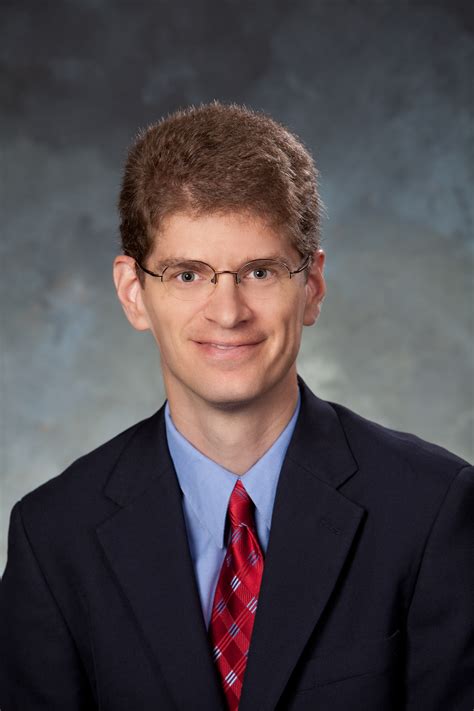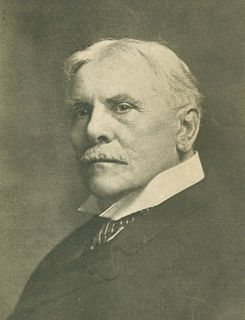A Quote by Martin Luther
A simple man with Scripture has more authority than the Pope or a council.
Related Quotes
It is scripture alone, not conservative Evangelical tradition or any other human authority, that must function as the normative authority for the definition of what we should believe. The authority of the scripture means that all the words in scripture are God's words in such a way that to disbelieve or disobey any word of scripture is to disbelieve or disobey God.
One of the great compliments paid the Savior was that he taught as one having authority. The missionary who knows scripture and can quote it speaks with the voice of authority...May I suggest that in our family night gatherings we make it a project to memorize one scripture a week pertinent to this work. At the conclusion of a year our children will have on their lips a fund of scripture which will remain with them throughout their lives.
The notion of the enduring authority focuses on the fact that some people think that notions like authority of Scripture's is passé, while others say that the present configuration of the doctrine of inerrancy is a late addition. And to both we want to say, No we're talking about the enduring authority of Scripture, grounded first and foremost in its relevatory status, something given by God and utterly reliable.
The question is gonna be, what is the pope doing? For whom is the pope doing it, if the pope is doing it for anybody? But that's gonna be what it boils down to: What is the pope doing here? Why? And I'll tell you this. The more establishment figures - and the pope qualifies as an institutional leader, and therefore the pope would qualify in many people's eyes as an establishment figure, particularly this pope, who has not hidden his ideological alignment, much less his political alignment.
All appeals to Scripture are appeals to interpretations of Scripture. The only real question is: whose interpretation? People with differing interpretations of Scripture cannot set a Bible on a table and ask it to resolve their differences. In order for the Scripture to function as an authority, it must be read and interpreted by someone. According to "solo" Scriptura, that someone is each individual, so ultimately, there are as many final authorities as there are human interpreters.
There are those who ask what authority, what theological qualification, the Council intended to give to its teachings, knowing that it avoided issuing solemn dogmatic definitions backed by the Church's infallible teaching authority. The answer is known by those who remember the conciliar declaration of March 6, 1964, repeated on November 16, 1964. In view of the pastoral nature of the Council, it avoided proclaiming in an extraordinary manner any dogmata carrying the mark of infallibility.






































